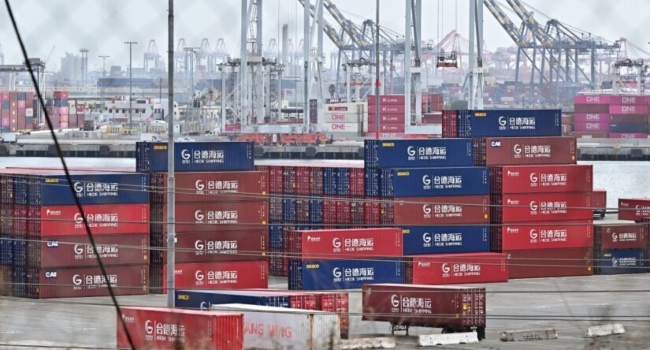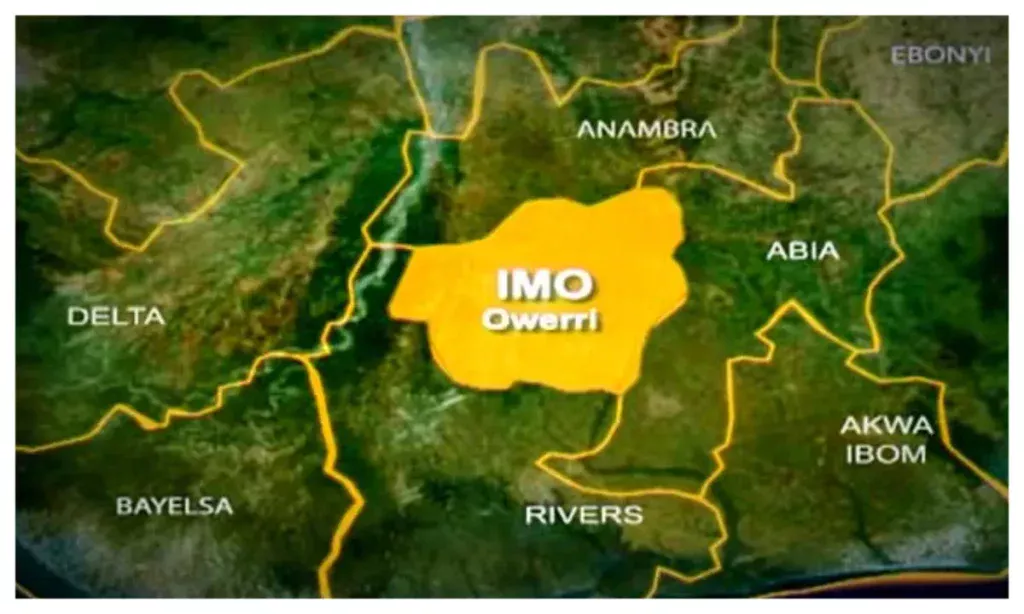A rapidly escalating cholera outbreak in Nigeria’s Zamfara State has sparked urgent warnings from Médecins Sans Frontières (MSF), with the humanitarian group labeling the surge in cases “disturbing” and calling for immediate action to prevent further loss of life. Data from mid-June to early August 2025 reveals over 1,500 suspected infections across three Ministry of Health (MoH) facilities supported by MSF, while other aid organizations and government agencies report rising numbers statewide.
The outbreak, fueled by insecurity, population displacement, and poor access to clean water, has intensified during Nigeria’s rainy season, which amplifies flooding and contamination of water sources. Cholera, an acute diarrheal disease that can prove fatal within hours without treatment, typically peaks in the country between April and October. Regions grappling with scarce safe drinking water—including Shinkafi, Zurmi, and Talata Mafara—have emerged as hotspots.
Zurmi’s General Hospital treated 562 suspected cases between June 16 and August 5, while Shinkafi General Hospital recorded 401 cases from July 11 to August 5, including 58 patients from Sokoto State’s Isa Local Government Area. Talata Mafara’s treatment unit handled over 600 cases in a similar timeframe, with the highest concentration in the Kayaye area.
Dr. David Kizito, MSF’s Nigeria medical coordinator, emphasized the compounding challenges: “Insecurity and displacement create vulnerabilities, while heavy rains exacerbate contamination risks. This is a crisis layered on top of existing crises.” MSF’s head of mission in Nigeria, Dr. Ahmad Bilal, urged residents to adopt preventive measures like boiling water, frequent handwashing, and avoiding open defecation.
Beyond emergency care, MSF advocates for expanded oral rehydration points, better-equipped primary health centers, and rapid rollout of cholera vaccines. The organization remains in close collaboration with local authorities and communities to contain the outbreak, but stresses that broader systemic interventions are critical. “Cholera is preventable,” Dr. Kizito underscored. “No one should die from it.”
As case numbers climb, the urgency for coordinated action—addressing both immediate health needs and underlying water, sanitation, and infrastructure gaps—grows increasingly dire.



